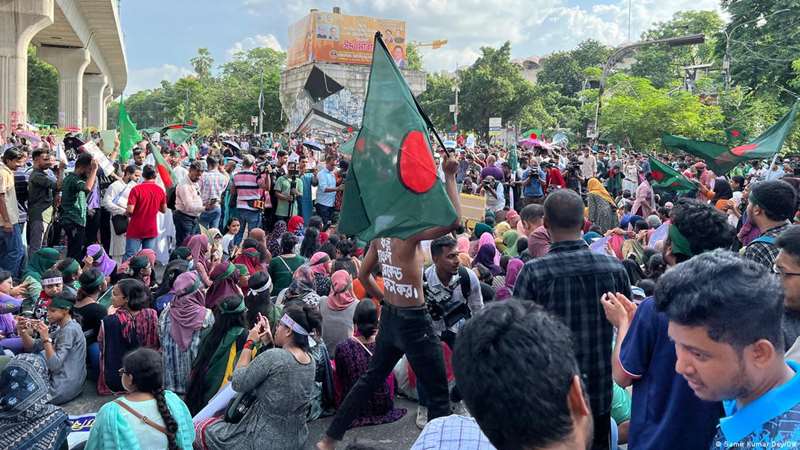A Significant Step in Anti-Corruption Efforts
_Benazir_Ahmed.jpg)
Former Inspector General of Police (IGP) Benazir Ahmed
In a landmark ruling, the Dhaka Metropolitan Senior Special Judge Court has ordered the seizure of all movable and immovable assets belonging to former Inspector General of Police (IGP) Benazir Ahmed and his family. This action, prompted by allegations of massive corruption and illegal asset accumulation, has transferred control of these assets to the Anti-Corruption Commission (ACC). The case marks a significant move in Bangladesh’s ongoing fight against corruption, highlighting the challenges and complexities involved in addressing high-profile corruption cases.
Asset Seizure and ACC Oversight
Following the court’s directive, the ACC has taken control of Benazir Ahmed’s assets. This includes 83 properties, totaling 346.30 bighas, and 33 bank accounts. The deed value of the seized properties is estimated at 10 crore 65 lakh taka, though current market values suggest they could be worth five to seven times more. The properties are registered in the names of Benazir, his wife Zeeshan Mirza, and their three daughters. Additionally, all related bank accounts have been blocked, preventing any further transactions.
Formation of Oversight Committees
The ACC is in the process of forming a committee to manage and oversee the seized assets. This committee may include ACC officials, district administration members, or other neutral bodies. The committee's formation will be implemented through the court to ensure proper legal oversight and accountability. Court-ordered signage will be posted on all properties, and notices will be published in newspapers to inform the public and relevant departments about the seizure.
Legal Implications and Potential Sentences
Benazir Ahmed faces charges under multiple laws, including the Anti-Corruption Commission Act, the Prevention of Corruption Act, and the Money Laundering Act. Eminent lawyers and ACC officials have pointed out that it is improbable for a government employee to amass such wealth legally. If found guilty, Benazir could face a long prison sentence, and his assets would be permanently confiscated in favor of the state. The specific sections of the laws cited include:
- Anti-Corruption Commission Act 2004 (Section 27(1)): Punishes possession of property acquired through dishonest means with up to 10 years imprisonment and fines.
- Prevention of Corruption Act 1947 (Section 5(2)): Punishes criminal misconduct by public servants with up to seven years imprisonment and fines.
- Money Laundering Act 2012 (Section 4): Punishes money laundering with four to 12 years imprisonment and fines equal to twice the value of the laundered property.
Background and Investigation
The investigation into Benazir Ahmed’s assets began after media reports exposed his extensive wealth, which far exceeded his legitimate earnings over his 34-year career. Reports highlighted properties, including a resort on 600 bighas of land in Gopalganj and luxury apartments in Dhaka. Following these revelations, Supreme Court lawyers and a Member of Parliament petitioned the ACC to investigate. The ACC formed a three-member inquiry committee, which confirmed the presence of substantial illegal assets.
Environmental Violations
Further investigations revealed environmental violations by Benazir’s family, including the illegal construction of a resort on forest land in Gazipur. The Department of Environment fined the resort 2.4 million taka and ordered the cessation of its activities for operating without environmental clearance and causing environmental damage.
The seizure of former IGP Benazir Ahmed’s assets represents a critical step in Bangladesh’s anti-corruption campaign. It underscores the judiciary's and ACC’s commitment to holding powerful individuals accountable for corruption. As the investigation continues, the ACC faces the challenging task of managing and safeguarding the seized assets while ensuring that justice is served. This case serves as a stark reminder that no one is above the law and that systemic corruption will be vigorously pursued and penalized.
References
Dhaka Metropolitan Senior Special Judge Court Order
Anti-Corruption Commission Act 2004
Prevention of Corruption Act 1947
Money Laundering Act 2012
Media Reports and Investigative Articles
This report provides a comprehensive overview of the case against Benazir Ahmed, the legal framework involved, and the steps taken by the ACC and the judiciary to address the corruption allegations.









.jpg)
পাঠকের মন্তব্য